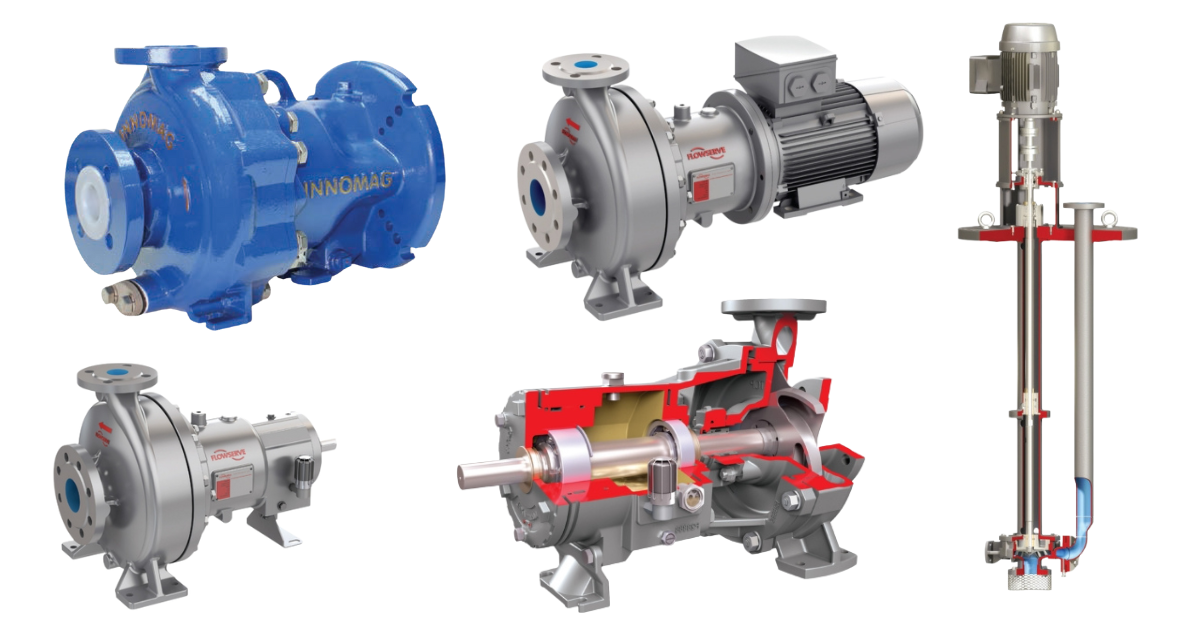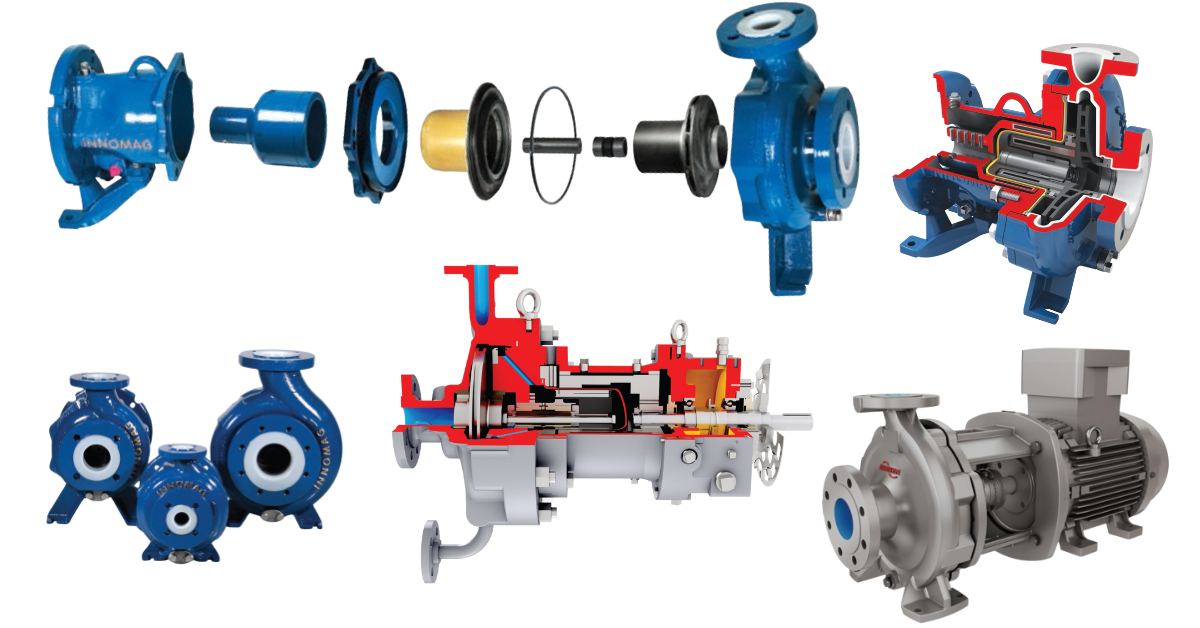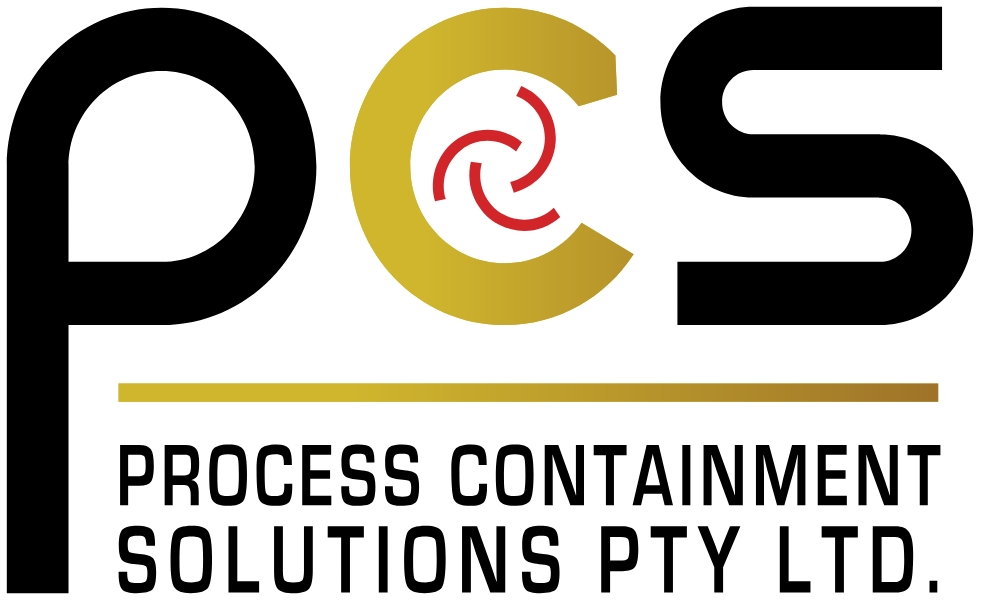Centrifugal Pumps and Their Impact on Flow Efficiency in Industrial Systems
Centrifugal pumps remain a cornerstone of industrial fluid movement, thanks to their simple design, high flow capabilities, and versatility across sectors. At Process Containment Solutions (PCS), we supply engineered centrifugal pump solutions built to handle the demands of South Africa’s mining, municipal, petrochemical, and agricultural sectors.
How Centrifugal Pumps Work: Technical Overview
Centrifugal pumps convert rotational energy, typically from an electric motor, into kinetic energy to move fluid. The process begins with an impeller spinning within a volute casing. As fluid enters the pump, the spinning impeller accelerates it outward through centrifugal force. This motion increases both velocity and pressure, directing the liquid through the discharge port.
Core components include:
- Impeller – accelerates fluid radially
- Pump shaft – transfers motor energy to the impeller
- Bearings and seals – stabilise rotation and prevent leakage
- Casing – controls the fluid flow path and pressure conversion
This combination of simplicity and efficiency makes centrifugal pumps a staple across a wide range of industrial applications.

Industry Applications: Where PCS Centrifugal Pumps Deliver
PCS’s centrifugal pumps are engineered to handle demanding environments with reliability and performance in mind. Below are primary industry applications:
Water Treatment & Municipal Services
Used for:
- Bulk water transfer
- Chemical dosing
- Chlorination systems
Municipal systems rely on centrifugal pumps for their ability to manage large volumes at moderate pressure with minimal maintenance, supporting system uptime and water quality compliance.
Mining & Petrochemical
Used for:
- Slurry transport
- Process water recirculation
- Effluent handling
Select models, such as froth or chopper pumps, can handle solids up to 8 mm, ideal for abrasive or semi-solid fluids in mining operations.
Agriculture & Irrigation
Used for:
- High-volume fluid movement
- Irrigation canals
- Crop spraying systems
The ability to run continuously and push water over long distances makes centrifugal pumps indispensable for large-scale farming operations.
Power Generation
Used for:
- Boiler feed systems
- Closed-loop cooling circuits
Their robust build and flow stability under variable loads ensure safe and efficient operation in mission-critical power plants.

Why Engineers Choose Centrifugal Pumps
Centrifugal pumps are a go-to solution in industrial settings where uptime, throughput, and operational cost are key priorities.
Key advantages:
- High flow efficiency: Ideal for large-volume transfer at low to moderate pressures.
- Simple design: Fewer moving parts mean reduced mechanical failure points and lower maintenance costs.
- Cost-effective: Competitive initial purchase price and proven long-term reliability.
- Solids handling: Some models effectively manage light solids and froth-laden slurries.
“In industrial environments where predictable, continuous flow is essential, centrifugal pumps offer a balance between performance, economy, and reliability.” — Lead Engineer, Process Containment Solutions
Best Use Cases: When Centrifugal Pumps Are the Smart Choice
Choose centrifugal pumps when:
- You require continuous operation with minimal intervention
- The application involves clean or lightly contaminated fluids
- You’re prioritising long-term system uptime and lifecycle ROI
Whether integrated into a municipal treatment plant or an aggressive mining circuit, PCS centrifugal pumps deliver engineered performance tailored to your process needs.
Speak to PCS, Your Trusted Partner in Engineered Pump Solutions
With national supply and support, including a strong presence in the Western Cape, Gauteng, and KwaZulu-Natal, PCS is positioned to meet your centrifugal pump needs across industries. Let our technical experts assist you in selecting the right pump configuration for your system demands, you can also visit our dedicated product page online here
Tel: +27 (0)10 442 5798 | +27 (0)67 385 9590
Email: info@pcsza.com

